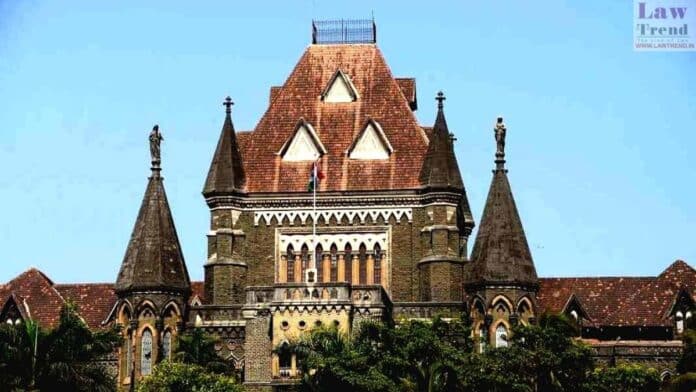The Bombay High Court has appointed two daughters as legal guardians of their 73-year-old father, who has been bedridden and incapacitated following a brain injury sustained during a cardiac arrest earlier this year. Observing that courts cannot remain passive in the face of such circumstances, the High Court invoked its special jurisdiction to ensure the senior citizen’s welfare and protection.
Justice Abhay Ahuja, in an order passed on May 8 and made available on Wednesday, noted that the man is in a semi-conscious state and unable to take care of himself or manage his property due to the mental impairment caused by the medical episode. “The higher courts of our country exercise the parens patriae jurisdiction, as they cannot be mute spectators to a real-life situation of the nature before this Court,” the judge said.
Legal Basis for Guardianship
Initially, the daughters had approached the court under the Guardian and Wards Act, which permits the appointment of guardians only for minors. Upon legal advice, the plea was amended and moved under Clause XVII of the Letters Patent, which empowers the High Court to act in matters concerning “infants, idiots and lunatics.”
The court accepted that the condition of the father—though not a case of mental retardation—qualifies as “mental illness” under the Mental Healthcare Act, as it significantly impairs his judgment and ability to perform basic tasks. “Lunacy refers to unsoundness of mind sufficient to incapacitate a person from civil transactions,” Justice Ahuja said, adding that such a state falls within the purview of Clause XVII.
Medical Condition and Petition
According to the petition, the man suffered a cardiac arrest in early 2024, during which his brain was deprived of oxygen and blood supply. The incident resulted in a serious brain injury, leaving him in a semi-conscious, bedridden state. He has since been entirely dependent on others for his daily needs and is incapable of communication or independent decision-making.
The daughters, seeking to care for both his personal welfare and estate, approached the High Court requesting to be appointed as his legal guardians. The court found merit in their plea, stating that judicial intervention was essential in such cases to protect the interests of individuals unable to act for themselves.
Court’s Observations
Justice Ahuja emphasized the broader responsibility of the judiciary to safeguard vulnerable citizens, invoking the concept of parens patriae—the state as a guardian of those who cannot care for themselves. He concluded that the man’s condition amounts to a “state of lunacy” under the law, thereby warranting the court’s intervention and jurisdiction.
The order is seen as a significant reaffirmation of the High Court’s role in protecting the rights and dignity of individuals incapacitated due to medical conditions, even in the absence of a conventional legal framework under general statutes.




